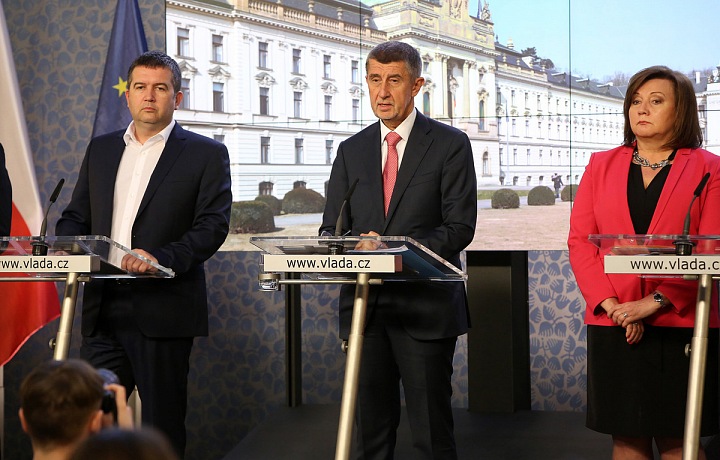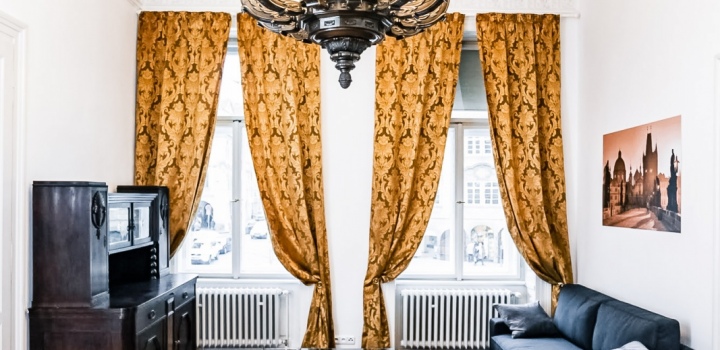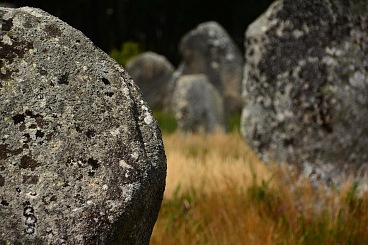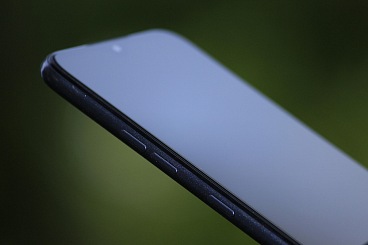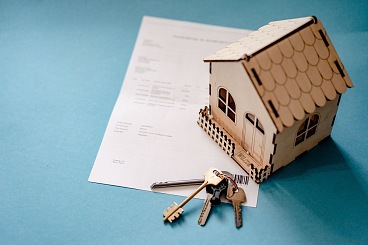The coronavirus is putting life in the Czech Republic on hold: Schools closed, events over 100 people canceled
The state is closing schools and banning all events over 100 participants due to the rapid spread of coronavirus. The drastic measures introduced by the government on Tuesday morning will be in force until further notice. Quarantine also continues to apply to people returning from countries where the disease is already widespread. Read the preventive measures you should follow to minimize the risk of contracting the disease.
Theatrical performances, exhibitions, concerts and other cultural, religious or sports events are banned starting on Tuesday, if more than 100 people are expected to attend. This includes f.e. large cinemas, football, MMA or other sports matches or festivals. Discos and other dance events are also prohibited. Furthermore, lessons at all elementary and secondary schools as well as universities have been canceled.
You can still go to the restaurant
On the other hand, restaurants or shopping centers, wellness centers or other places where there is a large fluctuation people are not closing yet. Kindergartens and ski slopes are still operational as well. But it is temporary state; Prime Minister Andrej Babiš and Minister of Health Adam Vojtěch didn't rule out the possibility that further measures will soon follow if coronavirus in the Czech Republic continues to spread rapidly.
The first intraceable infection
Currently, 40 cases of the COVID-19 disease, caused by a new type of coronavirus, have been confirmed in the Czech Republic. A total of roughly 1200 people have already been tested and more tests are being carried out. Notable was also the first case of contagion that the hygienists were unable to track. The affected person is a taxi driver and it is unclear where he contracted the disease or how many people he infected. The problem is that the incubation period of the disease is up to 14 days, wherefore we can only guess how many other Czechs are already ill at the moment.
What are the preventive measures?
Since poeple are contagious even when they have no symptoms, the Ministry of Health recommends that strict hygiene and preventive measures be followed. Given that COVID-19 is a flu-like respiratory disease, the following measures are particularly important:
Avoid those who are visibly ill
Follow basic hygiene rules, wash your hands often
Use also disinfectant if you are in contact with people suffering from respiratory problems
Stay clear of areas with a large number of people
If you're suffer from respiratory illness, you should follow the rules of respiratory hygiene - that is, use handkerchiefs properly when sneezing and coughing (preferably disposable ones), cover your mouth with your arm/sleeve, not your hand, when coughing or sneezing
Wear face masks or respirators if you are immunocompromised or if you belong to the high-risk demographic group of people aged 60 and over
Do not travel to countries with widespread contagion. These include mainly China, Italy or South Korea.
What to do if you suspect you might have the virus?
The symptoms of coronavirus disease are similar to those of influenza, that is mainly cough, shortness of breath, fever, fatigue and so on. If you suspect that you may have such a disease, please contact the regional council or your general practitioner by telephone for advice. If you have any questions, the Ministry of Health recommends using the infoline of the National Institute of Public Health: the number is 724 810 106 or 725 191 367.

